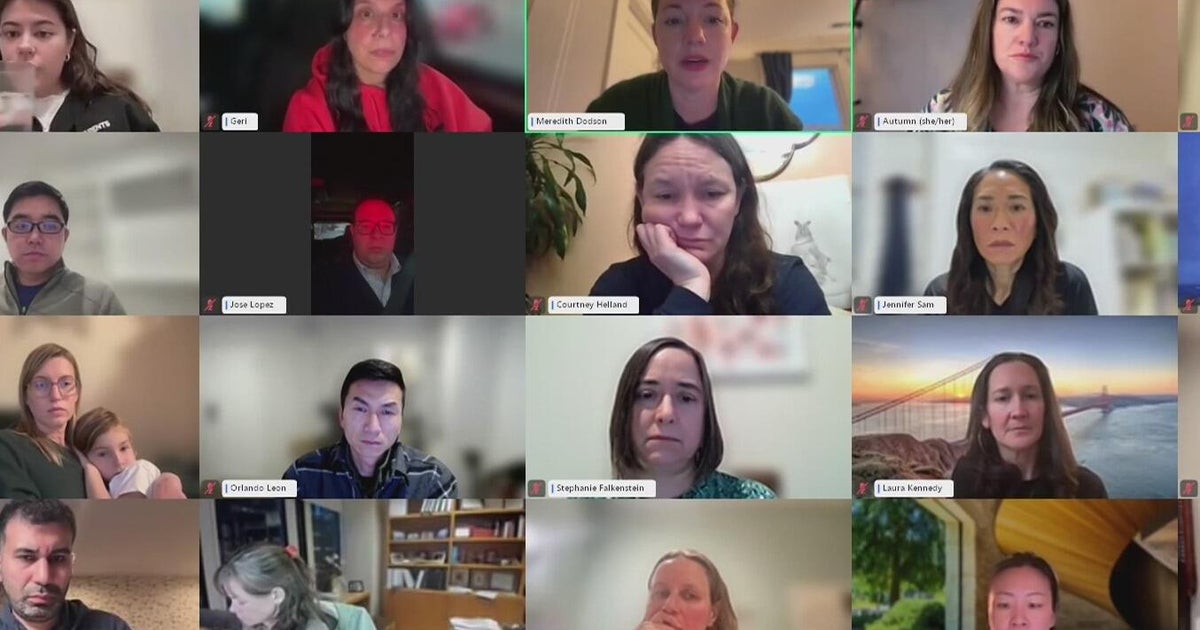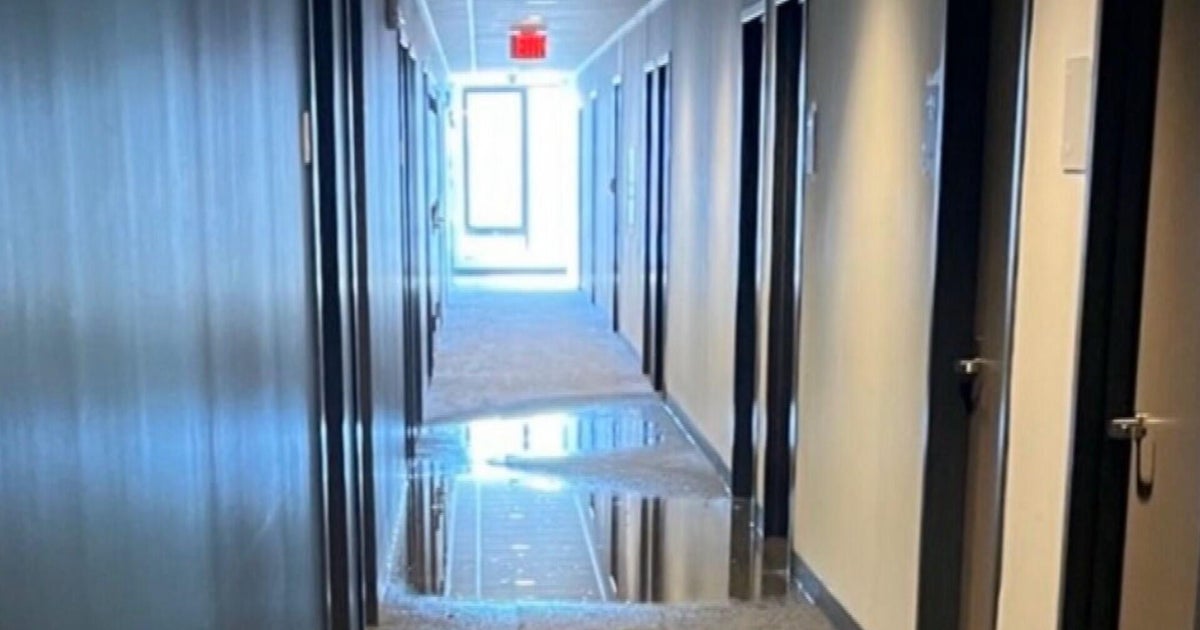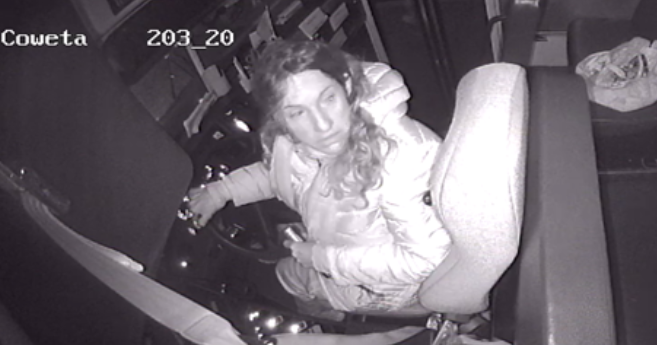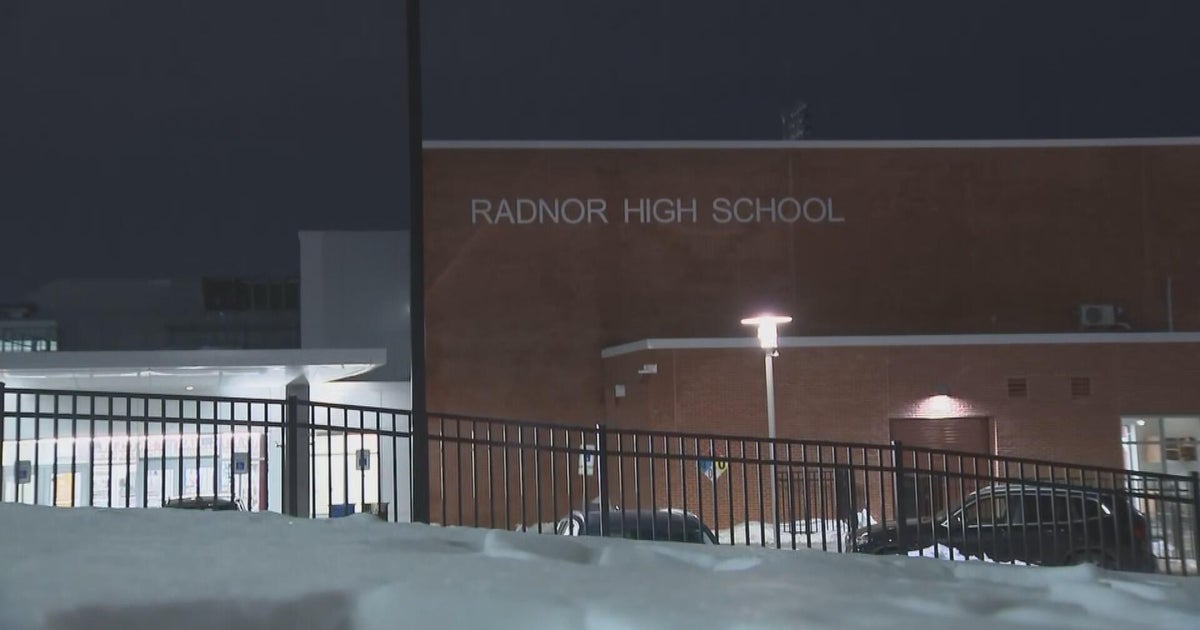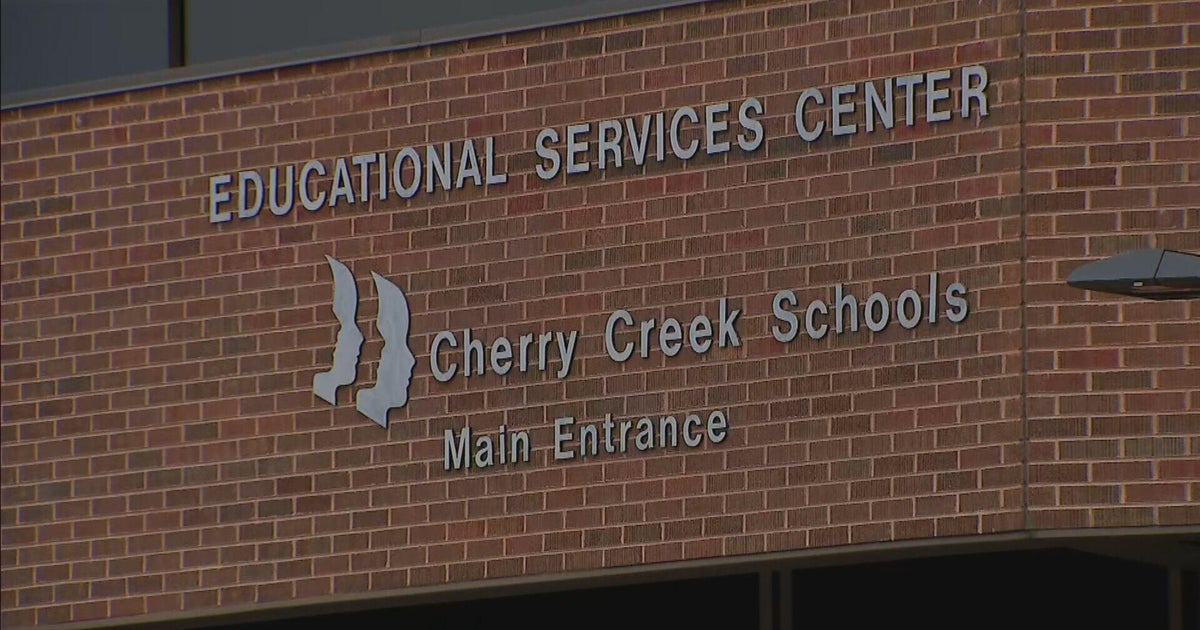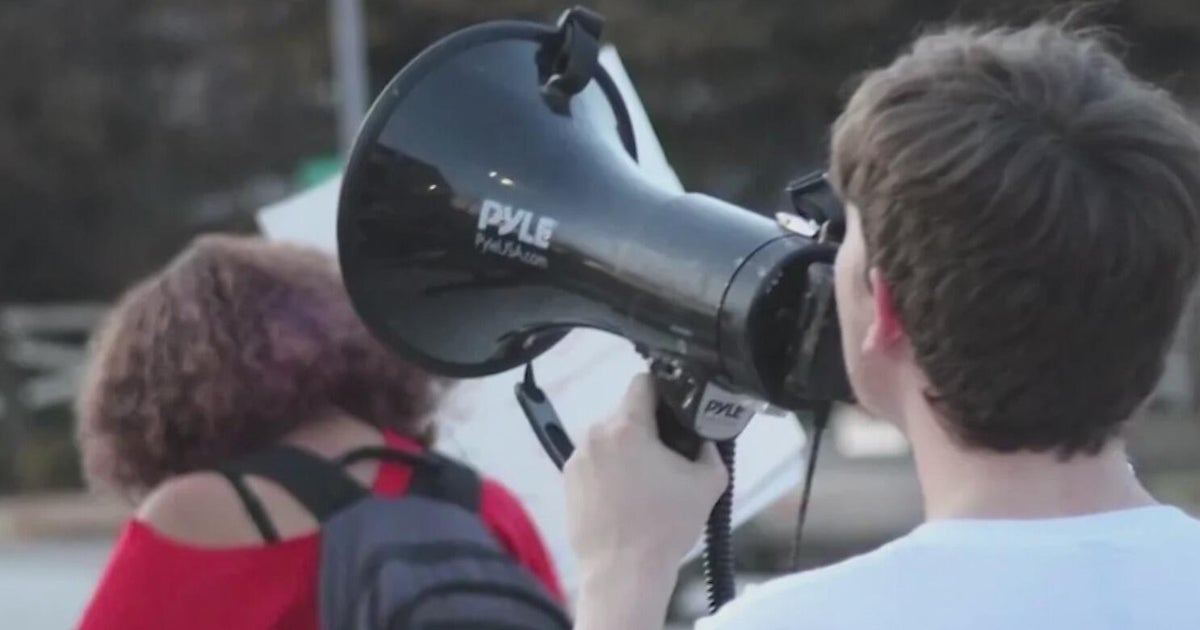Boston Latin School Virtual Class Targeted By Vulgar And Racist 'Zoom-Bombing'
BOSTON (CBS) – A Boston Latin School virtual class was interrupted Monday by what was described as "racist, derogatory, and sexually explicit content" from a person outside of the class.
The so-called "Zoom-bombing" forced the host to immediately end the session when the inappropriate content began.
A Boston Public Schools spokesman said an initial investigation shows the Zoom link for the class was shared with someone outside the school community.
The head of the school, Rachel Skerritt, apologized to the community in a letter to families.
"Frankly, I don't have the words to communicate the disappointment and fury that we feel, particularly because students within our school community either committed this event themselves, or shared the classroom link with others for the purpose of disruption and hate," she wrote. "We are deeply sorry that our students, faculty, and guests were subjected to this disturbing and highly inappropriate content."
"The virtual environment itself opens up an entirely new entryway for criminals or others who want to abuse and take advantage of children and learning environments," cyber security expert Peter Tran said.
Tran also said instances like the one at Boston Latin School are happening all over. Strangers are crashing online classes with profanity, racist remarks, pornography and bullying.
Earlier this year Medway police investigated a Zoom-bombing incident involving the middle school.
"On a national level it's quite pervasive as far as Zoom-bombing," Tran said.
On Tuesday, Attorney General Maura Healey's office announced a new initiative for schools to help prevent and address hate and bias.
"We want schools to know there are legal obligations. How to prevent harassment and bullying and what kind of curricula and training and education you need to provide and also what to do when something happens," Healey said.
Tran said when it comes to learning, students need to feel secure whether they are at school or online and controlling the environment is key to safe and affective learning.
"So if you take a virtual role call and you have 20 people invited and then all of a sudden you have 22, something is probably wrong," he said.
